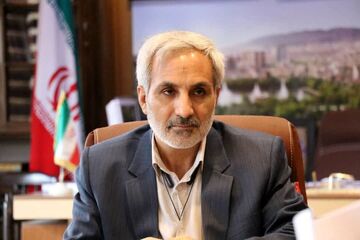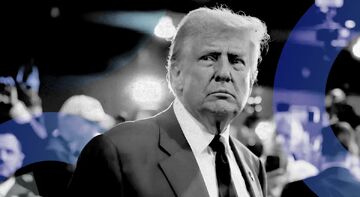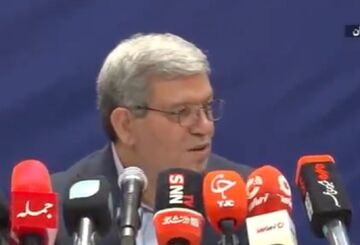TEHRAN(Bazaar) –Shireen Tahmaasb Hunter, a professor of political science at Georgetown University, tells that better relations with Iran could dampen Riyadh's enthusiasm for close relations with Israel.
She says: “However, Riyadh will continue its cooperation with Israel so as to increase its options, Iran should not expect Riyadh to abandon its relations with Israel.”
Following is the text of the interview:
Q: By issuing a joint statement between Iran, Saudi Arabia, and China, it is decided that Tehran and Riyadh will reopen their embassies within the next two months. What effects will the importance of restarting relationships have?
A: Before assessing the impact of this agreement, one must wait for the actual reopening of the embassy and the exchange of ambassadors. If everything proceeds smoothly and is followed by other positive exchanges, the reestablishment of diplomatic relations between Tehran and Riyadh could improve the outlook for resolving some regional problems, notably the war in Yemen.
Q: The dialogues between Tehran and Riyadh were followed by the mediation of Iraq and Oman. However, the restart was announced in China in a tripartite statement. What is the reason for this? Was there a need for guarantees that only China could provide?
A: Clearly, the earlier meditations by Iraq and Oman and talks between Iran and Saudi Arabia played a role in preparing the ground for this agreement. China as a major economic partner of both Iran and Saudi Arabia and a rising international power then succeeded in bringing about this agreement. Tensions between Iran and the Persian Gulf Arab states create problems for China and therefore, China has an intrinsic interest in at least non-hostile relations between Iran and The Gulf Arabs. Since the US and Iran have no relations, China has managed to emerge as a potential arbiter of Persian Gulf disputes and a trusted mediator.
Q: In the joint statement between Iran, Saudi Arabia and China, it is stated: The three countries declare their decisive will to use all efforts to strengthen regional and international peace and security. It seems that China is designing a kind of regional architecture in which tensions will be reduced in favor of its interests. What is your assessment?
A: Statements regarding international and regional peace are often mentioned in most agreements without meaning much. It is also too soon to talk about a regional security structure based on Chinese supremacy. In terms of physical presence, the US and Europe still have a larger footprint in the region. But certainly, China is trying, and partially, succeeding to introduce itself as a key player in the region.
Q: In the joint statement, the implementation of the security cooperation agreement signed in 2001 as well as the general agreement on economic, commercial, investment, technical, scientific, cultural, sports and youth cooperation, signed in 1998, is emphasized. What is the importance of implementing this agreement and will it affect the decision to normalize relations between Saudi Arabia and Israel?
A: Time will tell whether Tehran-Riyadh relations will move in the direction of cooperation or not. There is still much misgiving and mistrust between the two states. Therefore, I do not anticipate any major developments in security and other areas any time soon. Certainly, as long as the Yemen war continues, a degree of tension in Saudi-Iran relations will remain. Better relations with Iran could dampen Riyadh's enthusiasm for close relations with Israel. However, Riyadh will continue its cooperation with Israel so as to increase its options, Iran should not expect Riyadh to abandon its relations with Israel.
Q: Considering the issuance of this statement and the positive visit of Rafael Grossi to Iran and the non-issue of a resolution by the Board of Governors of the International Atomic Energy Agency against Iran, it seems that the ground has been prepared for the start of the JCPOA revival negotiations. Do you agree with this argument?
A: The issue of the JCPOA and talks regarding it are mostly about the US and Iran. As long as the US remains unwilling to restart the talks, nothing much can be expected even after Gorssi's seemingly successful visit to Tehran.
















نظر شما